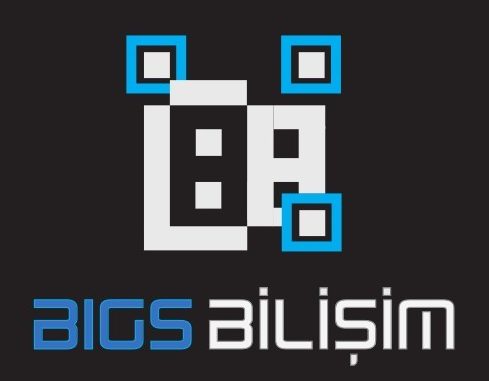DevOps & On‑Premise Solutions
Streamlined, Secure, and Locally Deployed DevOps — Empowering Your Teams with Control
At Bigs Bilişim, we deliver end-to-end DevOps and On‑Premise solutions that enhance agility, maintain compliance, and provide maximum control.
Whether you’re migrating CI/CD pipelines from the cloud or establishing hybrid workflows, our tailored, on-site systems are designed for enterprise-grade performance and security.
🚀 Key DevOps Services
✅ CI/CD Pipeline Implementation
-
Build, test, and deploy automation using Jenkins, GitHub Actions, GitLab CI
-
Blue‑green, canary, and rolling deployments
-
On‑Premise orchestration with advanced scripting (Ansible, Bash, PowerShell)
✅ Infrastructure as Code (IaC)
-
Reproducible server, network, and storage configurations
-
Tools: Terraform, Ansible, Packer
-
Version-controlled deployment for auditability and consistency
✅ Container & Orchestration Platforms
-
Docker-based workloads
-
Self-hosted Kubernetes (K8s) clusters
-
Multi-node resilience with HA, load balancing, ingress controllers
✅ Local Monitoring & Observability
-
Centralized metrics and alerting with Zabbix, Prometheus, Grafana
-
Log capture and analysis via ELK, Loki, Fluentd
-
SLA-based incident response workflows
✅ Security & Compliance Built‑in
-
Role-Based Access Control and fine-grained permissions
-
Secrets management and vault integration (Vault, Ansible Vault)
-
Change control, audit logs, and secure agent communication
🧭 Why On-Premise?
-
Data Sovereignty: Full ownership of sensitive data on local infrastructure
-
Low Latency: Ideal for systems with real-time data processing requirements
-
Regulatory Compliance: Easier certification, Audits, and GDPR/KVKK alignment
-
Full Control: Infrastructure visibility from network to hardware level
💼 Typical Use Cases
| Use Case | Benefits |
|---|---|
| Legacy Apps Needing Modern Pipelines | CI/CD without cloud re-platforming |
| Regulated Industries (Finance, Gov.) | Compliant, auditable deployments |
| Latency-Critical Systems | Real-time performance control |
| Hybrid Cloud Strategies | Seamless synergy with Azure/AWS |
| Security-Conscious Environments | Minimized external dependencies |
🔧 Our Delivery Process
-
Assessment & Planning
Infrastructure audit, tool selection, roadmap creation -
Proof-of-Concept (PoC)
Minimum Viable Pipeline + local deployment test -
Implementation & Documentation
IaC provisioning, container setup, monitoring integration -
Training & Handover
Workshops, playbooks, and structured handoff -
Support & Optimization
SLA-backed maintenance, scaling, and pipeline tuning
🌟 Why Choose Bigs Bilişim?
-
20+ Years of Infrastructure & Automation Expertise
-
On‑Site Engineers with Global Standards, Local Presence
-
Security-First Approach with Auditability and Governance
-
Hybrid Models: Combine on‑premise with cloud-native services
-
Proven in Finance, Manufacturing, Healthcare, and Public Sectors
📩 Ready for Agile Modernisation?
Bring enterprise-level DevOps and productivity on-premise.
📧 Contact us now: [email protected]
